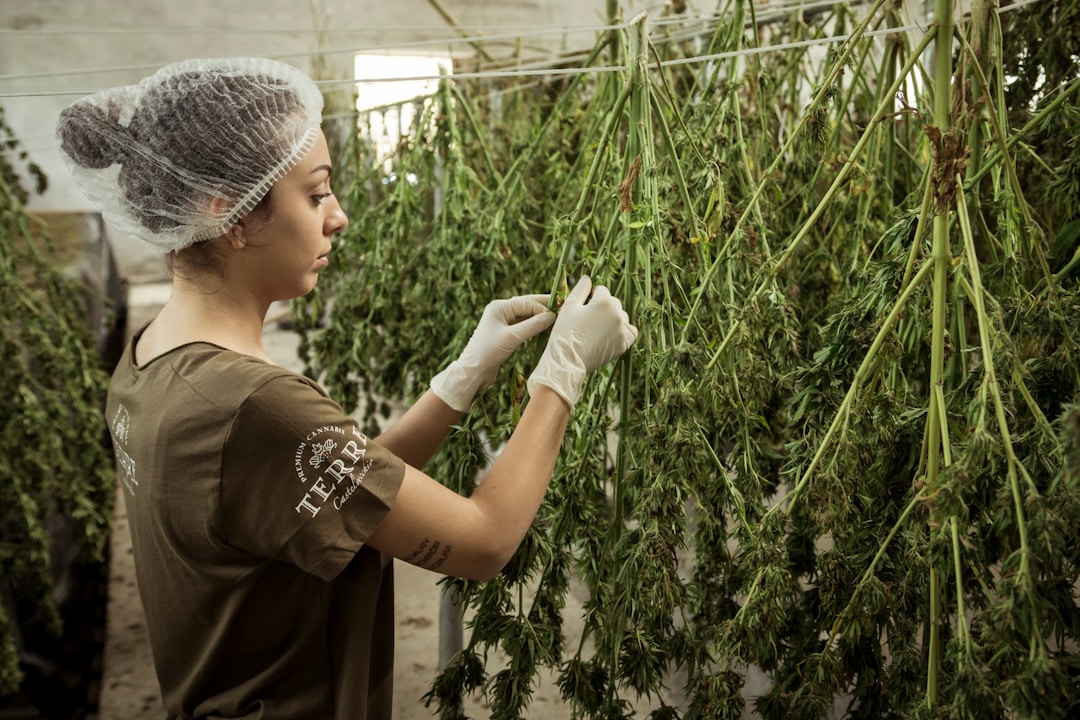The hemp industry has exploded since the passage of the 2018 Farm Bill. A major contributor to the popularity of CBD products is their supposed therapeutic health benefits. CBD oil is infused into all manners of products within the wellness, health, beauty, and beverage industries. The marketplace is brimming with tinctures, topical products, edibles, gummies, supplements, and more that can aid chronic conditions. If you’re thinking of opening a cannabis business, whether it’s a greenhouse or a dispensary, here’s a guide with everything you need to know.
You must understand the laws and regulations around CBD.

The Farm Bill legalized the growing of industrial hemp and the sale of hemp-derived cannabidiol products across the United States. That said, there are some caveats to this legalized hemp industry. Hemp-derived cannabidiol products can’t contain more than 0.3 percent THC. Cannabis plant-derived cannabidiol is legal for recreational use in 15 states, and medicinal use in 36 states.
The Food and Drug Administration (FDA) doesn’t regulate cannabidiol products but it does prohibit the infusion of cannabinoids into food products. Cannabis companies and product manufacturers are also strictly prohibited from making any health claims about the medical benefits of cannabidiol.
Insurance companies offer a range of insurance policies that give peace of mind to business owners. GreenWrap Insurance Solutions offers comprehensive cannabis insurance solutions to meet the specific insurance coverage needs of the cannabis industry. The insurance company has years of experience insuring growers, wholesalers, distributors, and more. They offer a range of insurance policies including general liability, professional liability (E&O), product liability, commercial auto, and clinical trials. No matter what your hemp business’s needs are, their expert specialists can find you the right cannabis insurance solutions.
You need to know how to hire the right people.

A successful cannabis operation hinges on hiring the right workforce of qualified professionals. You’ll need a mix of professional expertise from different industries to create a strong foundation for your cannabis operation. A financial expert is necessary to navigate the tumultuous marketplace and help you save money. You’ll need a legal expert to help navigate the evolving laws and regulations. It’s also important to have professionals who understand fintech, make market predictions, and help manage your business assets. When it comes down to the production and sale of the product, you’ll need a variety of hemp professionals. This includes cultivators, growers, distributors, extractors, and budtenders.
Providing employees with a health plan is a great way to invest in your workforce. A smart way to save money on health plans is to leverage comprehensive medical management services. The professional staff at Innovative Health Plan (IHP) is made up of primary care physicians and nurses who are qualified in cost management issues. Utilization review and management, chronic disease management, and case management all help ensure that your health plan benefits are being used to the fullest.
Find a reputable CBD processor.

There aren’t a lot of banks in the United States that process CBD transactions. Sadly, the cannabis industry is full of confusion and shady practices when it comes to arranging merchant accounts. You’ll need to find a reputable, United States-based CBD processor that deals specifically with the cannabis industry. Working with an offshore processor will result in approximately a third of your sales being declined and lost. Your customers will also be charged a foreign transaction fee, which won’t help you build a loyal, repeat client base.
Every entrepreneur in the cannabis industry should create an emergency plan that can be implemented without notice. The politics and regulations around the cannabis marketplace are constantly under dispute and threaten the security of cannabis companies. It’s a good idea to have an emergency plan in case an unexpected change in regulations causes a loss in valuation or an inability to operate.








